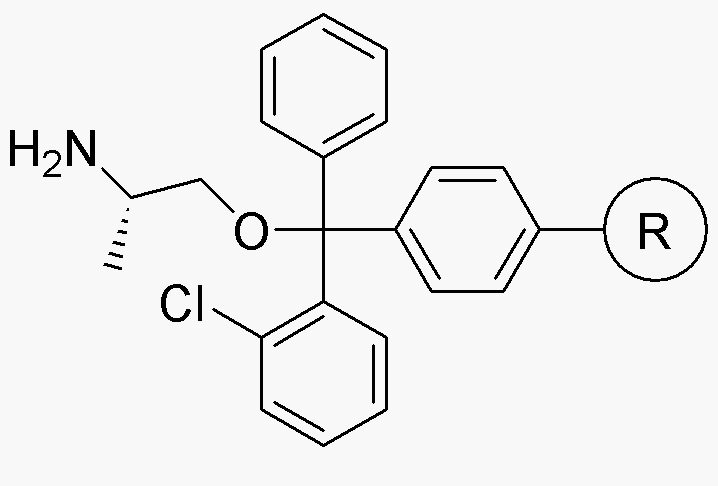L-Alaninol-2-chlorotrityl resin is widely utilized in research focused on:
- Peptide Synthesis: This resin serves as a solid support for the synthesis of peptides through solid-phase methods, allowing for efficient coupling and deprotection steps.
- Drug Development: It is used in the development of novel pharmaceuticals by facilitating the creation of peptide-based drugs, which can be more effective and targeted.
- Bioconjugation: The resin enables the attachment of biomolecules to surfaces or other molecules, enhancing the functionality of diagnostic and therapeutic agents.
- Research in Immunology: It aids in the preparation of peptide antigens for vaccine development, contributing to advancements in immunotherapy.
- Custom Synthesis: Researchers benefit from its versatility in creating custom compounds tailored to specific experimental needs, providing a competitive edge in research projects.
General Information
Properties
Safety and Regulations
Applications
L-Alaninol-2-chlorotrityl resin is widely utilized in research focused on:
- Peptide Synthesis: This resin serves as a solid support for the synthesis of peptides through solid-phase methods, allowing for efficient coupling and deprotection steps.
- Drug Development: It is used in the development of novel pharmaceuticals by facilitating the creation of peptide-based drugs, which can be more effective and targeted.
- Bioconjugation: The resin enables the attachment of biomolecules to surfaces or other molecules, enhancing the functionality of diagnostic and therapeutic agents.
- Research in Immunology: It aids in the preparation of peptide antigens for vaccine development, contributing to advancements in immunotherapy.
- Custom Synthesis: Researchers benefit from its versatility in creating custom compounds tailored to specific experimental needs, providing a competitive edge in research projects.
Documents
Safety Data Sheets (SDS)
The SDS provides comprehensive safety information on handling, storage, and disposal of the product.
Product Specification (PS)
The PS provides a comprehensive breakdown of the product’s properties, including chemical composition, physical state, purity, and storage requirements. It also details acceptable quality ranges and the product's intended applications.
Certificates of Analysis (COA)
Search for Certificates of Analysis (COA) by entering the products Lot Number. Lot and Batch Numbers can be found on a product’s label following the words ‘Lot’ or ‘Batch’.
Número de catálogo
Número de lote/lote
Certificates Of Origin (COO)
This COO confirms the country where the product was manufactured, and also details the materials and components used in it and whether it is derived from natural, synthetic, or other specific sources. This certificate may be required for customs, trade, and regulatory compliance.
Número de catálogo
Número de lote/lote
Safety Data Sheets (SDS)
The SDS provides comprehensive safety information on handling, storage, and disposal of the product.
DownloadProduct Specification (PS)
The PS provides a comprehensive breakdown of the product’s properties, including chemical composition, physical state, purity, and storage requirements. It also details acceptable quality ranges and the product's intended applications.
DownloadCertificates of Analysis (COA)
Search for Certificates of Analysis (COA) by entering the products Lot Number. Lot and Batch Numbers can be found on a product’s label following the words ‘Lot’ or ‘Batch’.
Número de catálogo
Número de lote/lote
Certificates Of Origin (COO)
This COO confirms the country where the product was manufactured, and also details the materials and components used in it and whether it is derived from natural, synthetic, or other specific sources. This certificate may be required for customs, trade, and regulatory compliance.


